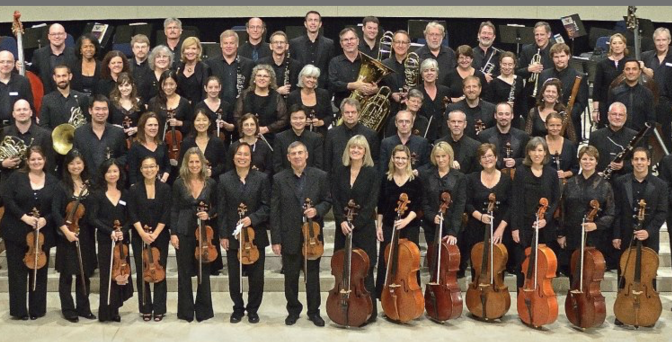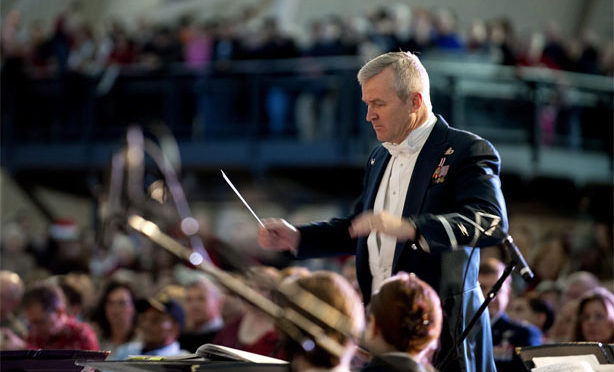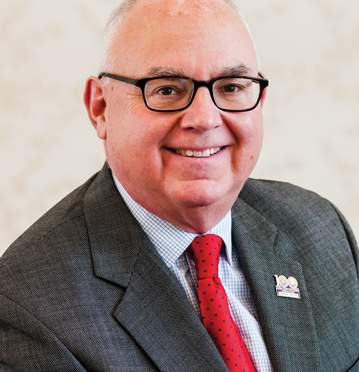As the holiday season approaches, be sure to support good jobs and look for union made products for all your gift giving, celebrating, and decorating needs. Here’s a sampling of food and beverage items to look for:
Foods
• Whole turkeys: Butterball and Foster Farms
• Hams and other meats: Alexander
& Hornung, Boar’s Head, Cook’s,
Farmland, Hillshire Farm, Hormel,
John Morrell, Oscar Meyer, Sahlen’s, and Thumann’s
• Pies and desserts: Entenmann’s
and Marie Callender’s
• Side dishes, condiments, and other
ingredients: Amaral Ranches, Andy Boy, Banquet, Betty Crocker, Birds Eye, DelFresh, Dole, Gargiulo, Gourmet Foods, Kraft, Mann’s, Ocean Spray, Ore Ida, Stroehmann
• Snacks: Act II and Orville Redenbacher popcorn, Bagel Bites, Bugles, Cheetos, Cheez-It, Chex Mixes, Doritos, Frito-Lay, Mission Chips, Old El Paso, Ritz, Rold Gold, Ruffles, Sun Chips, Tostitos, Triscuit, and Wheat Thins
Beverages
• Spirits and liquors: Bacardi, Captain Morgan, DeKuyper, Gilbey’s, Jack Daniel’s, Jim Beam, Knob Creek, Maker’s Mark, Pinnacle, Seagram’s, Southern Comfort, Wild Turkey
• Wines: CK Mondavi, Chateau Ste.
Michelle, Corbett Canyon,
Dubonnet, Livingston Cellars, St.
Supery, Turning Leaf, Weibel
• Beers: Blue Moon, Mendocino Brewing Company, Budweiser, Coors, Miller, Pabst, Sam Adams, Shock Top
• Mixers and nonalcoholic drinks:
Clamato, Coca-Cola, Dr. Pepper,
Minute Maid, Pepsi, Schweppes, Sprite, V8, Welch’s
• Hot chocolate: Kayo, Ghirardelli, Swiss Miss
• Teas: Tender Leaf
• Coffees: Eight O’Clock, Folgers, Kauai, Maxwell House, Millstone
Candies
• Chocolates: Cadbury, Ghirardelli, Hershey, Rolo, Russell Stover, Toblerone, York Peppermint Patties
• Other candies: Bit-O-Honey, Dum Dums, Jawbreakers, Jelly Belly, Necco Wafers, See’s, Smarties, Sour Patch Kids, Super Ropes, Tootsie Rolls
Visit the website Labor411.org for comprehensive lists.










